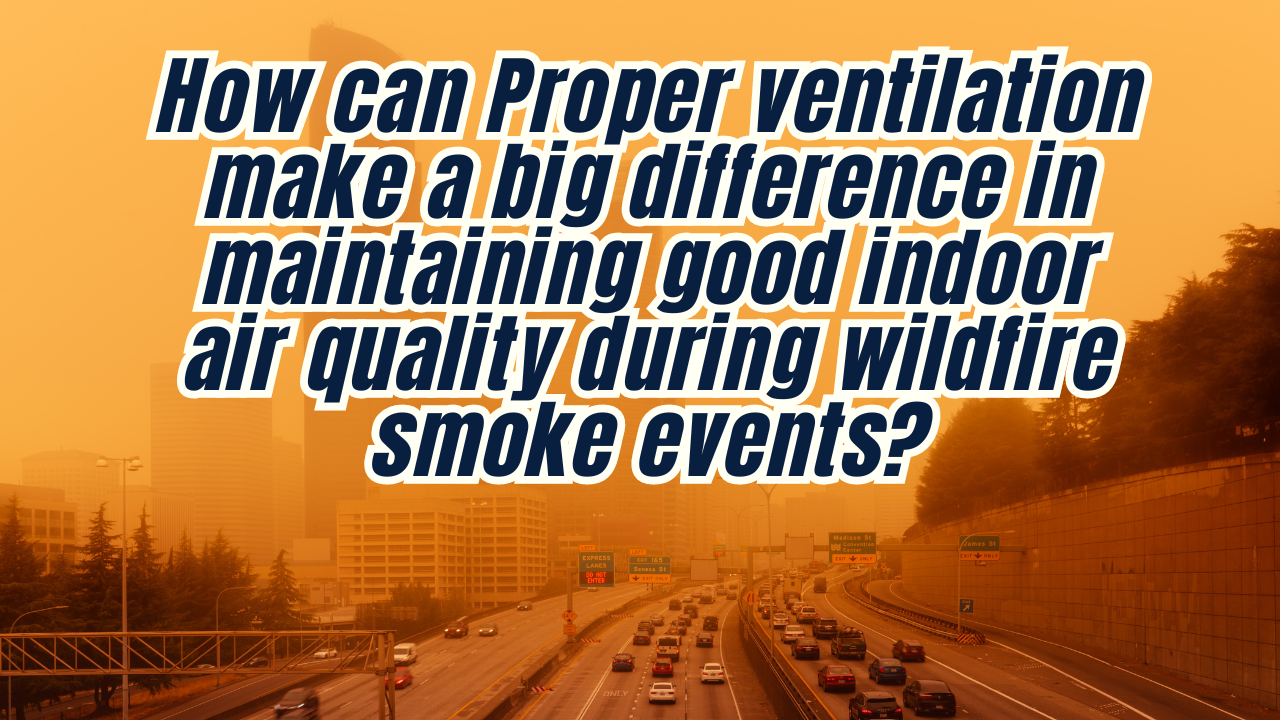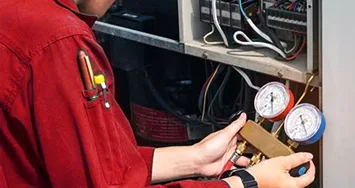
Proper ventilation is crucial for maintaining good indoor air quality during wildfire smoke events. Here are key strategies and their impacts:
- Minimizing Ingress of Smoke: During wildfire events, outdoor air can carry harmful pollutants, including fine particulate matter (PM2.5) and gases. Effective ventilation strategies, such as keeping windows and doors closed and sealing gaps, can significantly reduce the amount of unfiltered outdoor air entering a building. This helps to isolate indoor spaces from unhealthy outdoor air quality.
- Mechanical Ventilation Adjustments: For buildings equipped with HVAC systems, switching to a 100% recirculate mode is recommended. This prevents outside air from entering the building, thereby minimizing smoke infiltration. However, it is essential to ensure that the indoor air is supplemented with filtered air to maintain positive pressure and good air quality.
- Use of High-Efficiency Filters: Upgrading HVAC filters to a Minimum Efficiency Reporting Value (MERV) of 13 or higher enhances the system's ability to trap fine particulate matter. In cases where HVAC systems cannot accommodate such filters, using portable HEPA air purifiers can effectively reduce indoor smoke levels.
- Monitoring Indoor Air Quality: Regular monitoring of indoor PM2.5 levels can help identify areas with poor air quality and inform necessary ventilation adjustments. This is crucial during prolonged smoke events when outdoor air quality can fluctuate.
- Natural Ventilation Opportunities: When outdoor air quality improves (e.g., during rain or wind shifts), utilizing natural ventilation can help flush out accumulated indoor pollutants. This should be done cautiously, ensuring that the outdoor air quality is safe.
In summary, proper ventilation during wildfire smoke events can significantly mitigate health risks associated with poor indoor air quality. By implementing strategies to minimize smoke ingress, adjusting HVAC systems, using high-efficiency filters, and monitoring air quality, indoor environments can be better protected from the harmful effects of wildfire smoke.












